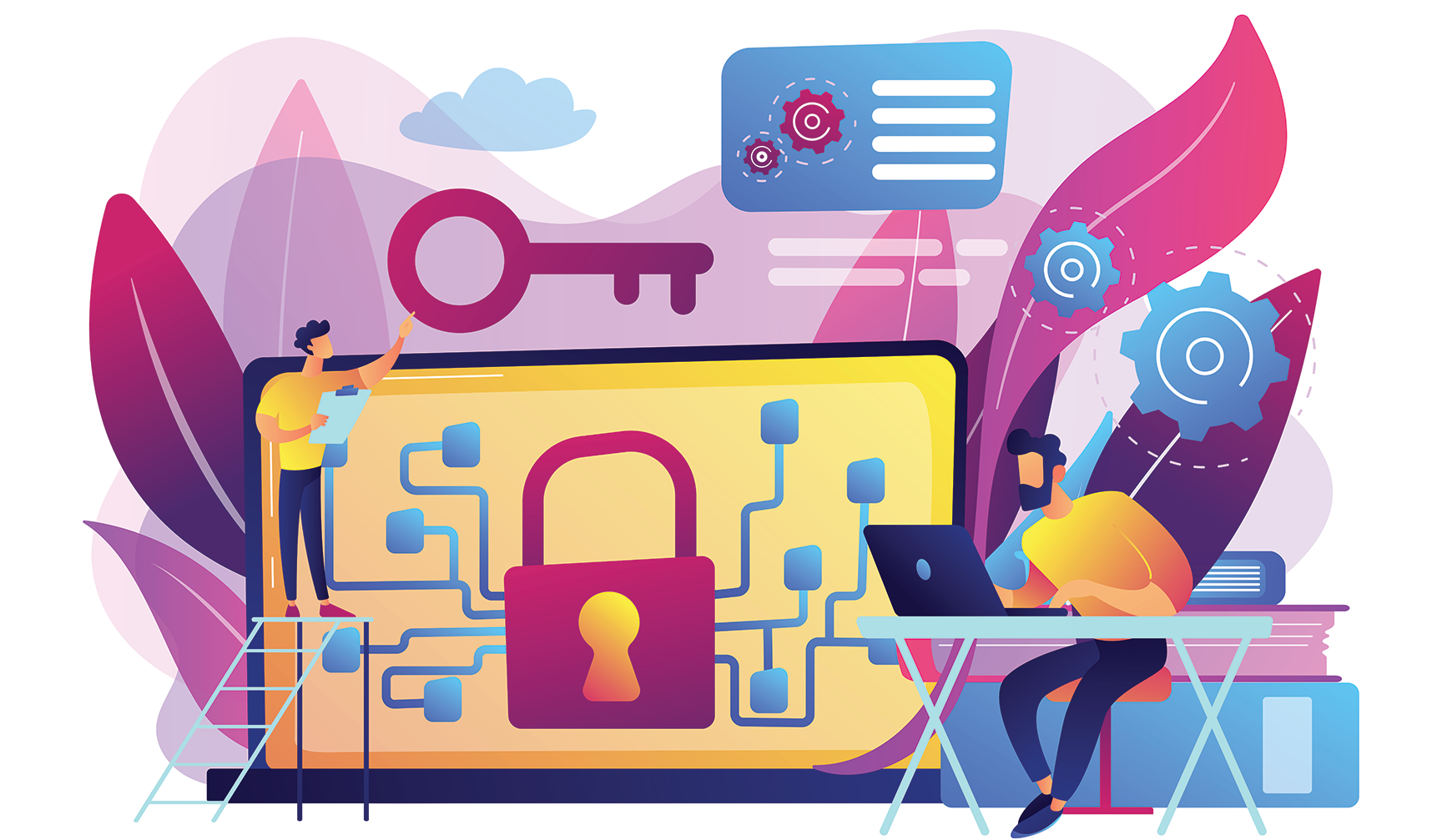
Common WordPress Security Mistakes to Avoid
In this article we discuss 8 Critical Security Mistakes to Avoid with WordPress, WordPress is one of the most popular content management systems (CMS), powering more than 35% of all websites. However, if not properly managed, it can also become a potential target for cyber-attacks. Therefore, it is important to be aware of the common security mistakes to avoid in WordPress so that your website remains protected.
1. Not Keeping WordPress Up to Date
It is essential to keep your WordPress version and all themes and plugins up-to-date, as new versions are released to address security vulnerabilities in the old versions.
Whether this is a manageable undertaking or not depends on your site’s design and complexity. If you’re relying solely on WordPress’ core features, then automatic updates should be enough.
However, if you’ve customised your website extensively, manual updates may be more suitable for you. But fret not! Most websites usually work perfectly fine with the default automatic update function of WordPress.
2. Not Using Strong Passwords
Weak passwords make it easy for hackers to gain access to your website’s admin panel and make changes that may compromise your website’s security. To make sure your passwords are strong enough, it is recommended to use a combination of upper and lower-case letters, numbers, and special characters. This in combination with point 8 will secure access to WordPress the best.
3. Not Using SSL
Installing an SSL certificate on your WordPress website adds an extra layer of security by encrypting the data sent between your server and the users’ browsers. This prevents any malicious actors from stealing sensitive information such as passwords and usernames.
Here at 040Hosting, we make it simple and cost-efficient to access secure SSLs with our complimentary SSL services.
4. Not Limiting Login Attempts
By limiting the number of login attempts, you can prevent attackers from using automated software or brute force attacks to gain access to your site.
Here at 040Hosting, we make it simple for you! Our Imunify360 system is designed to manage this unpleasant task on your behalf and keep unwanted intruders out with our Firewall.
So there’s no longer any need for additional plugins or other solutions– all the hard work is done for you automatically when we limit login attempts to your WordPress page.
5. Not Using Security Plugins
Security plugins can be used to prevent malicious activities and strengthen the security of your WordPress website. The most popular plugins include Wordfence, Sucuri, All In One WP Security & Firewall, and iThemes Security.
Nevertheless, we advise against using any of the above security tools on our services unless you have a subscription for any of these plugins; the free versions are not updated as regularly as Imunify360’s Web Application Firewall.
By selecting Imunify360, we ensure that your website security is always up to date, and incorporating multiple security applications will only slow down your WordPress site.
6. No Backups
Regularly making backups of your WordPress website is a must, as it can help you recover from any data loss due to hacking or technical issues.
With our daily, weekly, and monthly backups, you can also use JetBackup in your cPanel to take a snapshot when making significant changes to your website. This combined with the revision control feature within WordPress itself provides an effective way of backing up your site – perfect for preserving important modifications or rolling back any unintended changes.
7. Not Limiting File Permissions
By limiting the file permissions on your WordPress files, you can prevent malicious actors from accessing and modifying sensitive information.
To ensure optimal performance, using the proper file permissions is an essential step for most hosting providers. However, our systems are programmed in such a way that these settings will be applied by default – so there’s no need to manually make any changes!
Of course, if you do wish to further secure certain files then it can be done; however, this comes with its own set of risks when making automated updates to your website.
In most cases limiting the .htaccess and wp-config.php file to a 444 linux file permission may be additional measures you can take, but keep in mind that changing these files make it impossible for some plugins or automatic updates to make needed changes to these files as well.
8. Not Using 2FA
Two-factor authentication (2FA) adds an extra layer of security by requiring the user to enter a one-time code sent to their phone or email address in addition to their username and password. This makes it much harder for hackers to gain access to your site.
Taking the time
Making sure you don’t make any of these 8 security mistakes is essential if you want your WordPress website to remain secure. Taking the time to properly manage and maintain your WordPress website can go a long way in ensuring its security.
For more tips on how to keep your WordPress website safe, feel free to contact our team of experts at 040Hosting. We will be happy to help you take the necessary steps to secure your website.
